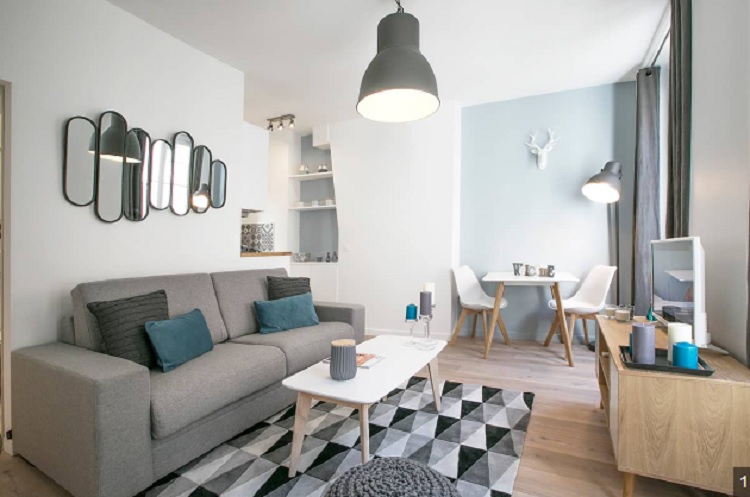
Furnished Lettings from 2025
12th Nov 2024
A new regulatory and fiscal framework is beginning to emerge for furnished rentals.
To read the article you can take out a premium subscription for €25/YEAR at Subscribe to France Insider.
A premium subscription will also give you unrestricted access to the complete back catalogue of our articles.
You can see the full catalogue at France Insider News.
If you are already a premium subscriber, please log-in to read the full article.
Want to read the full issue?
